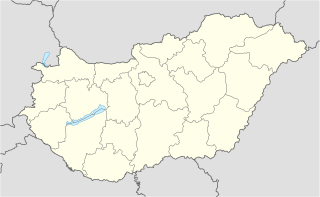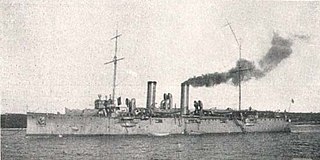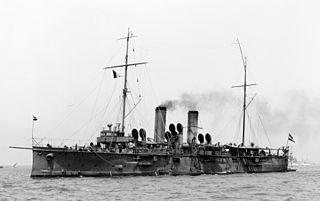Zentai is a term for skin-tight garments that cover the entire body.

A zentai suit is a skin-tight garment that covers the entire body. The word is a portmanteau of zenshin taitsu. Zentai is most commonly made using nylon/spandex blends.
Zentai may also refer to:
- A former administrative division in the Kingdom of Hungary, usually Zenta; Senta is now in Serbia

This article discusses the administrative divisions of the Kingdom of Hungary between 1941 and 1944. As a result of the First (1938) and Second Vienna Award (1940), territories that had been ceded by the Kingdom of Hungary at the 1920 Treaty of Trianon were partly regained from Czechoslovakia and Romania respectively. This required modification of the administrative divisions.

Senta is a town and municipality located in the North Banat District of the autonomous province of Vojvodina, Serbia. It is situated on the bank of the Tisa river in the geographical region of Bačka. The town has a population of 18,704, whilst the Senta municipality has 23,316 inhabitants.

The Battle of Zenta or Battle of Senta, fought on 11 September 1697 just south of Zenta, on the east side of the Tisa river, was a major engagement in the Great Turkish War (1683–1699) and one of the most decisive defeats in Ottoman history. In a surprise attack, Habsburg Imperial forces routed the Ottoman army which was crossing the river. At the cost of a few hundred losses, the Habsburg forces inflicted thousands of casualties on the Ottomans, dispersed the remainder and captured the Ottoman treasure. As an immediate consequence, the Ottoman Empire lost control over Banat, while in the long run, the Habsburg victory at Zenta was the last decisive step that forced the Ottoman Empire into the Treaty of Karlowitz (1699), ending the Ottoman control of large parts of Central Europe.









